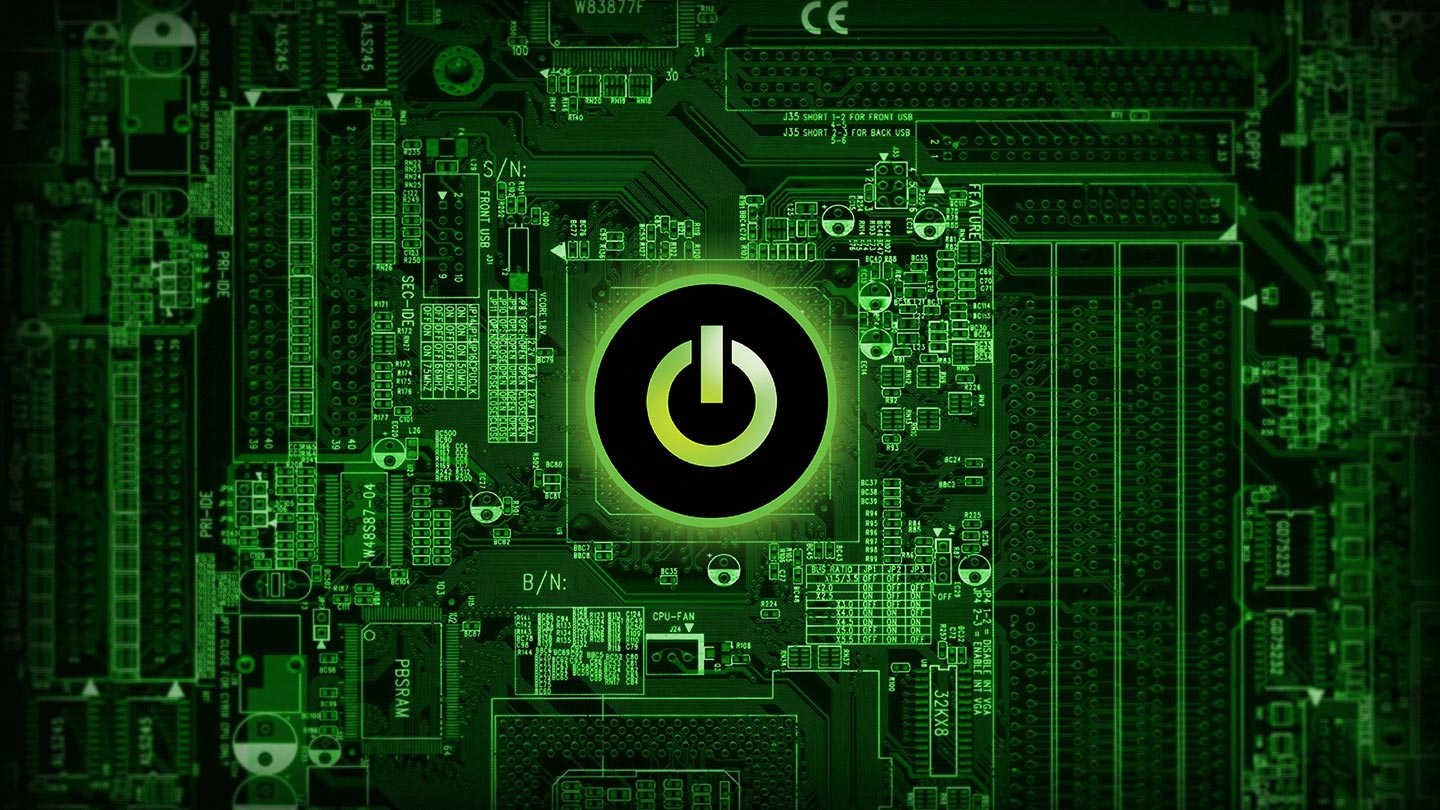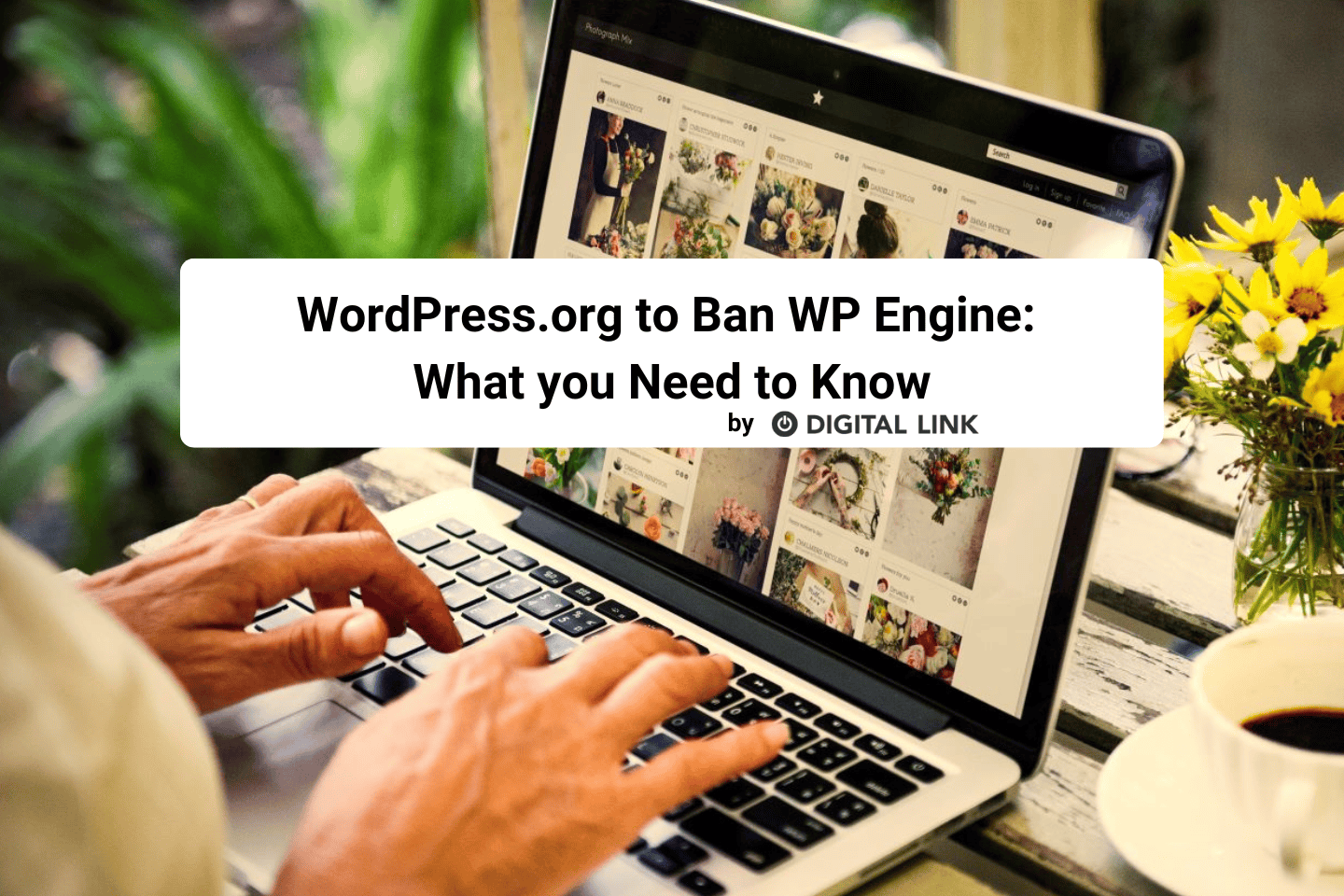
Everything is terrible.
The Equifax hack, and then the Equifax hack, and then…the Equifax hack . The KRACK hack makes any sense of WiFi security a thing of the past. And there were others. It’s exhausting to see how unsafe the online world can be, isn’t it?
So as a little change of pace, let’s focus on what you CAN do to protect yourself.
To be honest, for most of these new hacks, the answer is “nothing at all”. But there is something you can do to prevent the majority of the hacks. And it’s a really simple answer: you need better passwords.
Verizon Enterprise did a Data Breach Investigations Report in 2016, and they found that “63% of confirmed data breaches involved leveraging weak, stolen or default passwords”. Passwords are important.
Most of us know what a weak password looks like – “password” is a prime example. Obviously weak, right? Yet when Keeper (a password management firm) looked at 10 million passwords that became public through data breaches, they discovered that “password” is still one of the most common passwords used. (The most popular were “123456” and “123456789”). I know – HOW DID I KNOW YOUR SUPER SECRET PASSWORD?!)
So let’s talk about what strong passwords look like.
Complex passwords make you harder to hack. If you have a basic 6-letter, lower case password, that takes all of 10 minutes to crack. But if you add just 3 extra characters, use upper- and lower-case, numbers and symbols, and suddenly, it takes 44,530 years. If you think in terms of phrases instead of words, it can actually make the process easier. And kind of fun. I have passwords that I regularly enter that make me laugh every time. There are even people who use passwords to affirm important habits: if you want to drink more water, a password like “H2O=Tasty!” can be a great reminder to go get a glass of the clear stuff.
You’ll have lots of chances to create fun passwords, because it’s also important not to choose the same password for all of your accounts.
So how do you manage all of these complex, and therefore harder to remember, passwords? There is software, like Keeper, LastPass and KeePass, that keeps all of your passwords secure in one place. Then, you only have to remember…the password for your password manager. Sigh.
Being hacked can affect you for a lifetime. Creating longer and more complex passwords is a small price to pay. And if you are anything like me, you can even make it fun!
Liked this article?
We are adding more useful articles to our blog every week! Join our subscribers to stay up to date on digital security, marketing, and social media trends.
By entering your email, you agree to receive our monthly newsletter. You can unsubscribe at any time!


